Optimal Timing for Shrub Removal
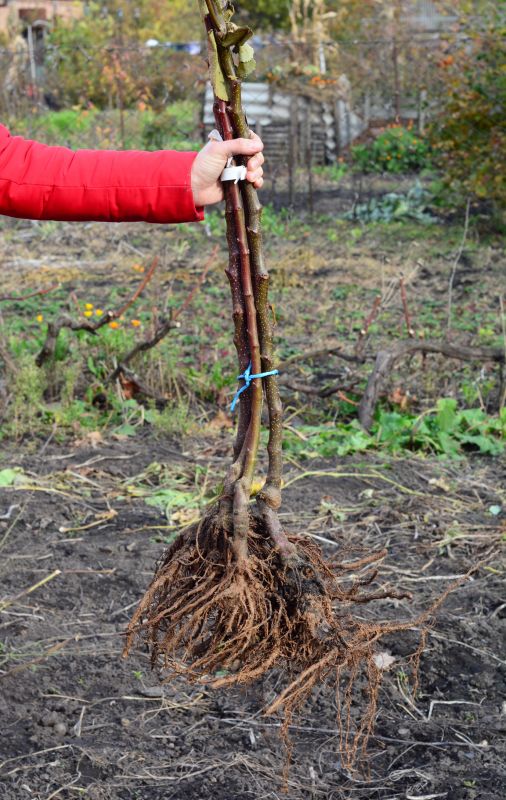
Spring is ideal for shrub removal due to active plant growth, making it easier to assess and remove unwanted shrubs.
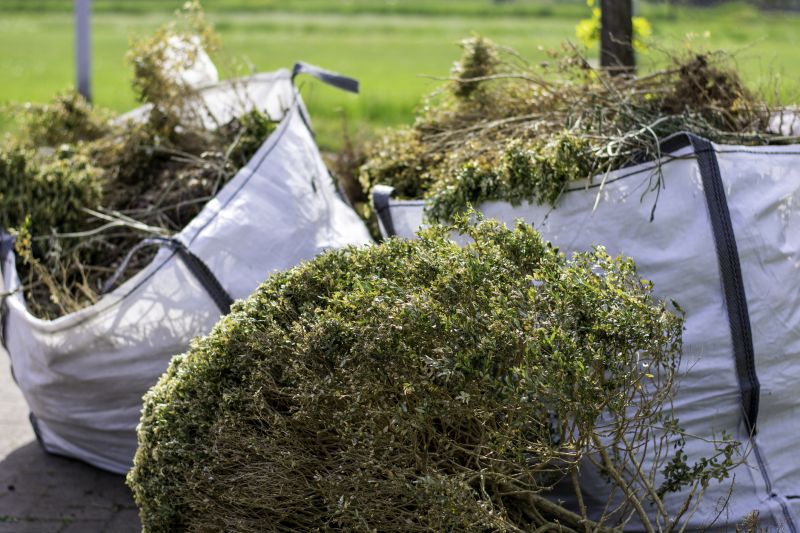
Summer offers longer daylight hours, allowing for flexible scheduling and efficient removal during warm weather.
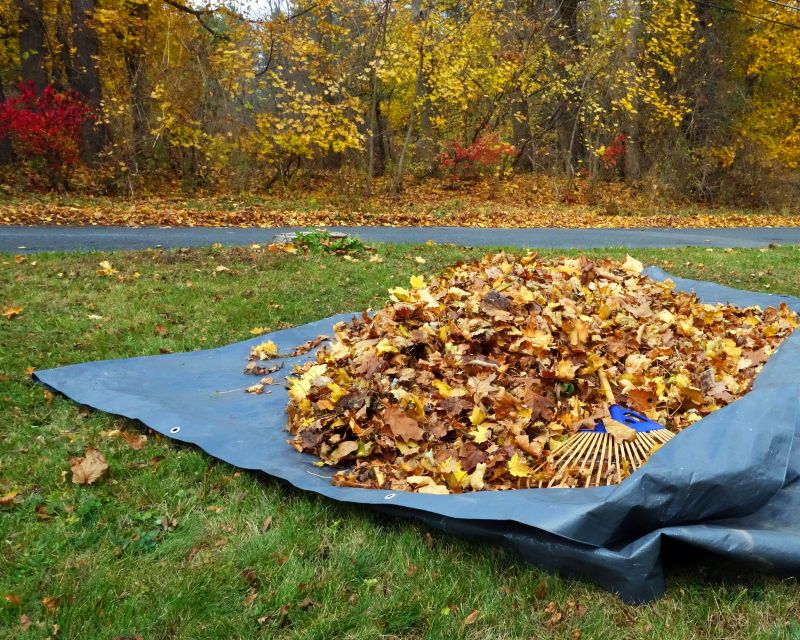
Fall is suitable for shrub removal as plants enter dormancy, reducing stress and promoting healthy landscape recovery.
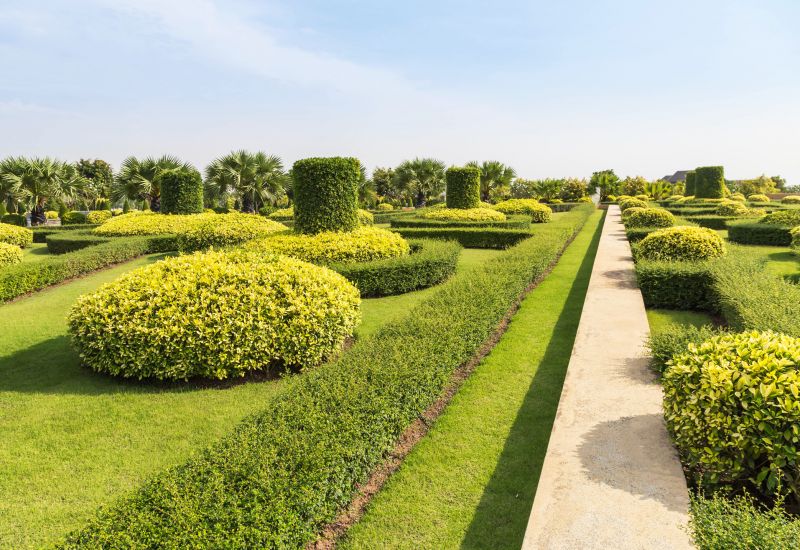
Ways to make Shrub Removals work in tight or awkward layouts.
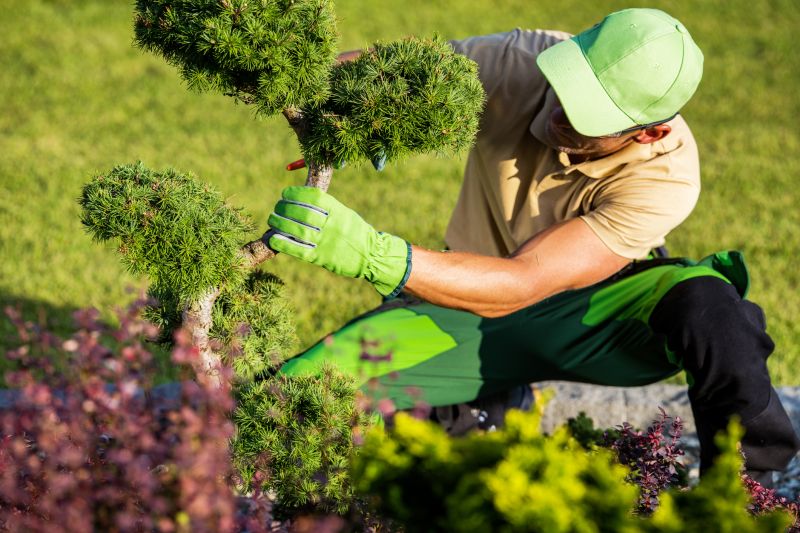
Popular materials for Shrub Removals and why they hold up over time.
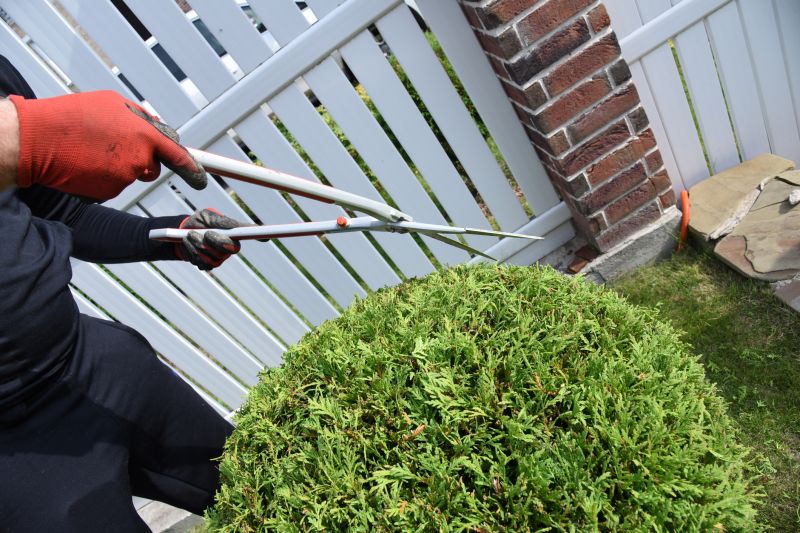
Simple add-ons that improve Shrub Removals without blowing the budget.
Shrub removal is a common landscaping task that involves the careful elimination of unwanted or overgrown shrubs to improve the aesthetics and health of a landscape. Timing plays a crucial role in ensuring the effectiveness and safety of shrub removal. Properly scheduled removal can minimize damage to surrounding plants, reduce stress on remaining vegetation, and facilitate better landscape planning.
Statistics indicate that performing shrub removal during dormancy periods, such as late fall or early spring, results in fewer plant diseases and faster recovery. Additionally, removing shrubs before new growth begins helps prevent the spread of pests and diseases. The optimal timing depends on local climate conditions, plant species, and specific landscape goals.
Ideal for assessing plant health and preparing landscapes for new growth.
Provides flexibility with scheduling and takes advantage of warm weather.
Reduces stress on plants and supports landscape recovery.
Best for minimizing plant stress and disease transmission.
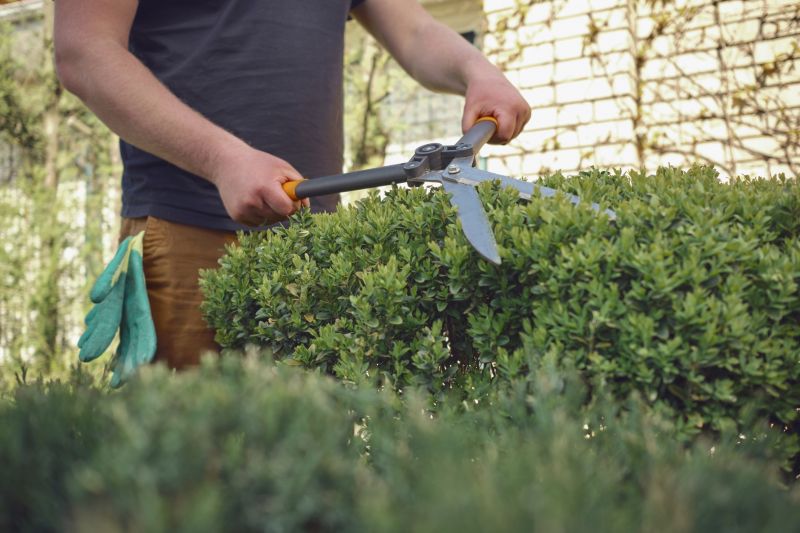
Tools used for efficient and safe shrub removal.
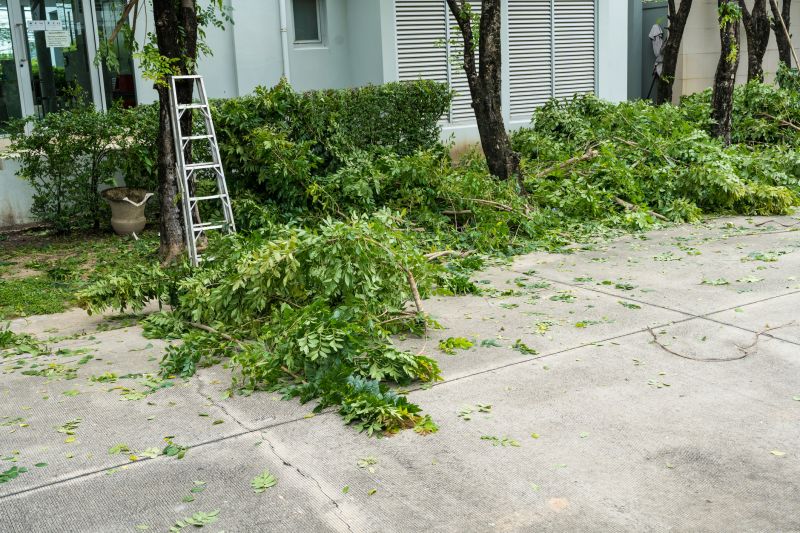
Visual comparison of landscape transformation.
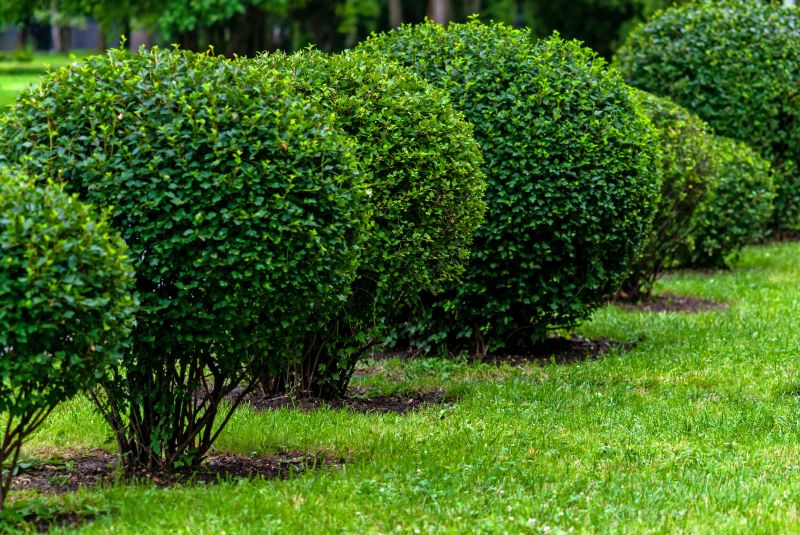
Example of well-timed shrub removal supporting healthy growth.
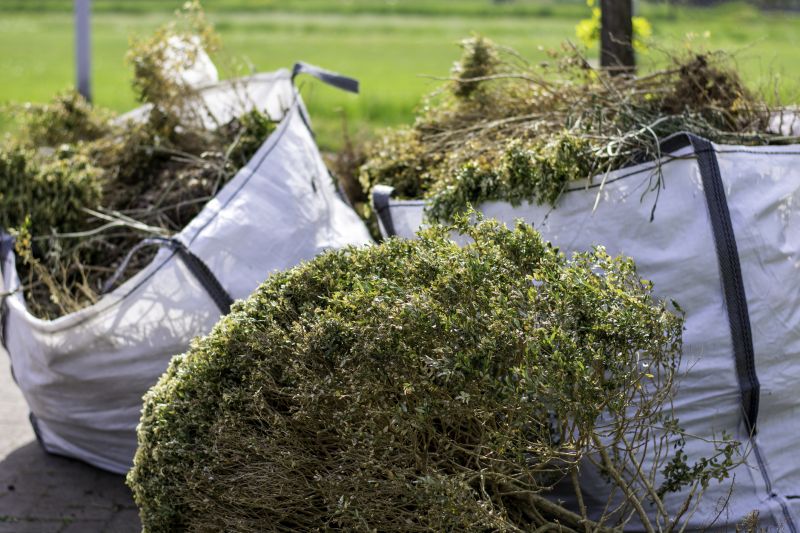
Proper disposal methods for removed shrubs.
Proper timing of shrub removal enhances landscape aesthetics and plant health. It is essential to consider local climate, plant dormancy periods, and landscape objectives. Consulting with landscape professionals can help determine the most suitable time for shrub removal, ensuring minimal disruption and optimal results.
| Season | Best Practices |
|---|---|
| Spring | Remove shrubs early before active growth begins to minimize stress. |
| Summer | Schedule during cooler parts of the day to avoid heat stress. |
| Fall | Remove before plants enter dormancy for better recovery. |
| Winter | Generally avoided due to frozen ground and limited plant activity. |
| Dormancy | Ideal for reducing disease risk and promoting healthy regrowth. |
| Post-Weather Events | After storms or heavy winds for safety and cleanup. |



